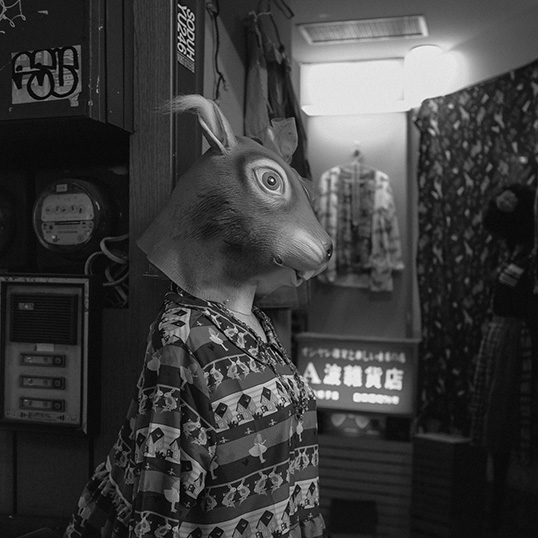The plastic surgeon says it’s true, you can hide everything to a certain degree, even a hump, but everyone needs to have a face. To have, therefore to be. To have it written on your face, that you belong to a species. The human species is important. Just the fact of it. A person must hold on to her face even over the telephone, even in the falling dusk. A face determines reality, even if it’s largely a work of the soul. This has something to do with names, last names, mirrors, with endocrine-genetic and paranormal phenomena. And also with the Woman with a Crow, whom I saw at the crossroads. She didn’t have a face. She was silent as a ghost. Whoever asked her anything didn’t get anywhere, only got lost.
And now, in a dream, an invisible woman is teaching a man how to be more human. She hands him a plate with two round cookies with faces: two sweet, glazed faces with noses, eyes, and lips. The man is not allowed to touch them, much less eat them. Over the telephone, someone half-conscious, naked or drunk, makes an ironic comment. Then the woman takes the cookies and a dust rag, and wipes their faces off with a couple thorough strokes. If this is how it’s going to be, there isn’t going to be anything at all. The faces disappear along with the entire dream, with the cookies, the people, the planet Earth: they disappear one word at a time.

